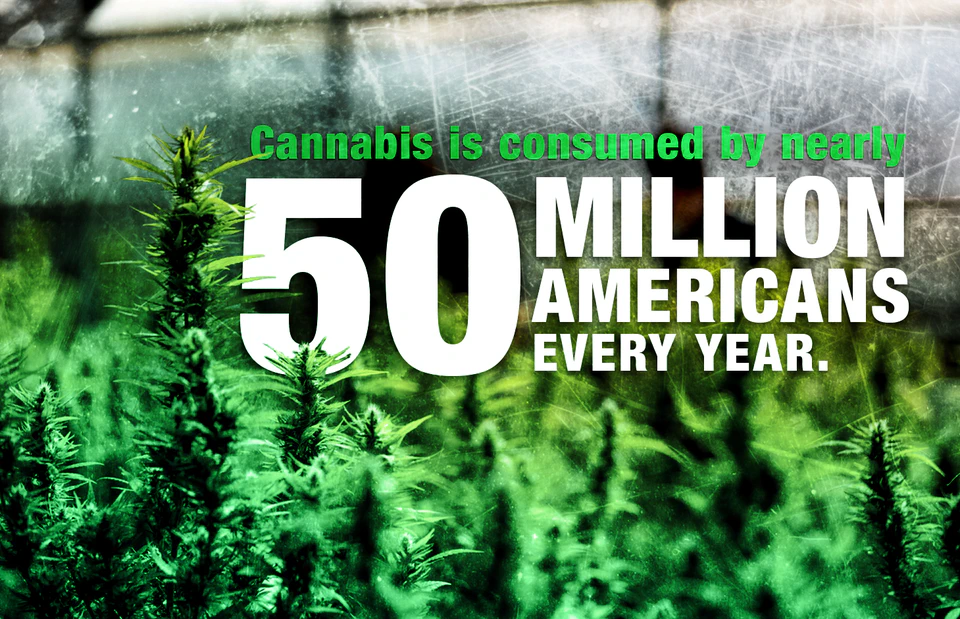Marijuana Addiction

Find more information about marijuana and marijuana addiction with professionally reviewed up-to-date articles. Getting informed is the first step in overcoming marijuna addiction.
More
Marijuana is one of the most commonly used drugs in the United States. While the drug is often thought to be safe, emerging evidence provides new insight into the long and short term consequences of using marijuana. This evidence provides a drasticaly different picture, showing long term effects ranging from heart damage to a disturbing correlation to the onset of schizophrenia later in life.

Find more information about marijuana and marijuana addiction with professionally reviewed up-to-date articles. Getting informed is the first step in overcoming marijuna addiction.
More
Marijuana addiction results in profound changes to a person’s mental, physical and emotional health.
More
Stay informed on the latest news, trends and statistics on marijuana addiction and marijuana-related news.
MoreMarijuana refers to the leafy, consumable portions of the cannabis plant. Cannabis is consumed by nearly 50 million Americans each year for its psychoactive, euphoric effects. This equals nearly 18% of the American population over the age of 12.1
The consumable parts of the cannabis plant consist of dried, shredded, greenish flowers and leaves from the Cannabis sativa plant.2 Commercialization of the cannabis industry has also resulted in the manufacture of hundreds of different edible, topical or smokable products. Many of these products are high in tetrahydrocannabinol (THC), the main ingredient sought by those who wish to become intoxicated by the drug. The most highly processed products approach 100% THC.
Users find some of the effects of marijuana desirable and others are not so pleasant. Most of these effects are dose-dependent, in other words, they get more intense when the dosage is higher. It is easy to consume a high dosage without realizing it when the THC content of a particular marijuana product is high.
High dosages can also result in panic attacks, paranoia, confusion, delusions and hallucinations.
Marijuana is addictive, with approximately nine percent of those who experiment with marijuana becoming addicted.3 When use starts in the teens, one in six will become addicted. Between one in four and one in two people who use marijuana daily will become addicted.
While the science on the long-term effects of marijuana consumption may not yet be complete there is evidence that it is harmful to a person’s mental health. Problems that showed up or worsened after long use included anxiety, depression, psychosis, and suicidal ideation.4
A study in New Zealand found that early persistent use of marijuana during the teenage years resulted in an 8-point drop in IQ.5 Stopping marijuana use did not fully restore mental functioning among these individuals.
The use of marijuana during pregnancy has become widespread, in part because it has been promoted to pregnant women by staff in marijuana dispensaries. One study found that 69% of Colorado dispensaries queried about using marijuana for morning sickness made this recommendation.6
But the Substance Abuse and Mental Health Services Administration reported that “Marijuana use during pregnancy can be harmful to a baby’s health and cause many serious problems, including stillbirth, preterm birth, and growth and development issues.” 7
Sources
SAMHSA. “Key Substance Use and Mental Health Indicators in the United States.” Substance Abuse and Mental Health Services Administration, 2021. SAMHSA Survey Results ↩︎
DEA. “Marijuana.” Drug Enforcement Agency, 2020. DEA Publication (PDF) ↩︎
NEJM. “Adverse Health Effects of Marijuana Use.” New England Journal of Medicine, 2014. NEJM Article ↩︎
NIH. “Cannabis use and mental health in young people.” National Institute of Health, 2002. NIH Article ↩︎
NIH. “Persistent cannabis users show neuropsychological decline from childhood to midlife.” National Institute of Health, 2012. NIH Article ↩︎
NIH. “Recommendations From Cannabis Dispensaries About First-Trimester Cannabis Use." National Institute of Health, 2019. NIH Article ↩︎
SAMHSA. “Marijuana and Pregnancy.” Substance Abuse and Mental Health Services Administration, 2022. SAMHSA Article ↩︎